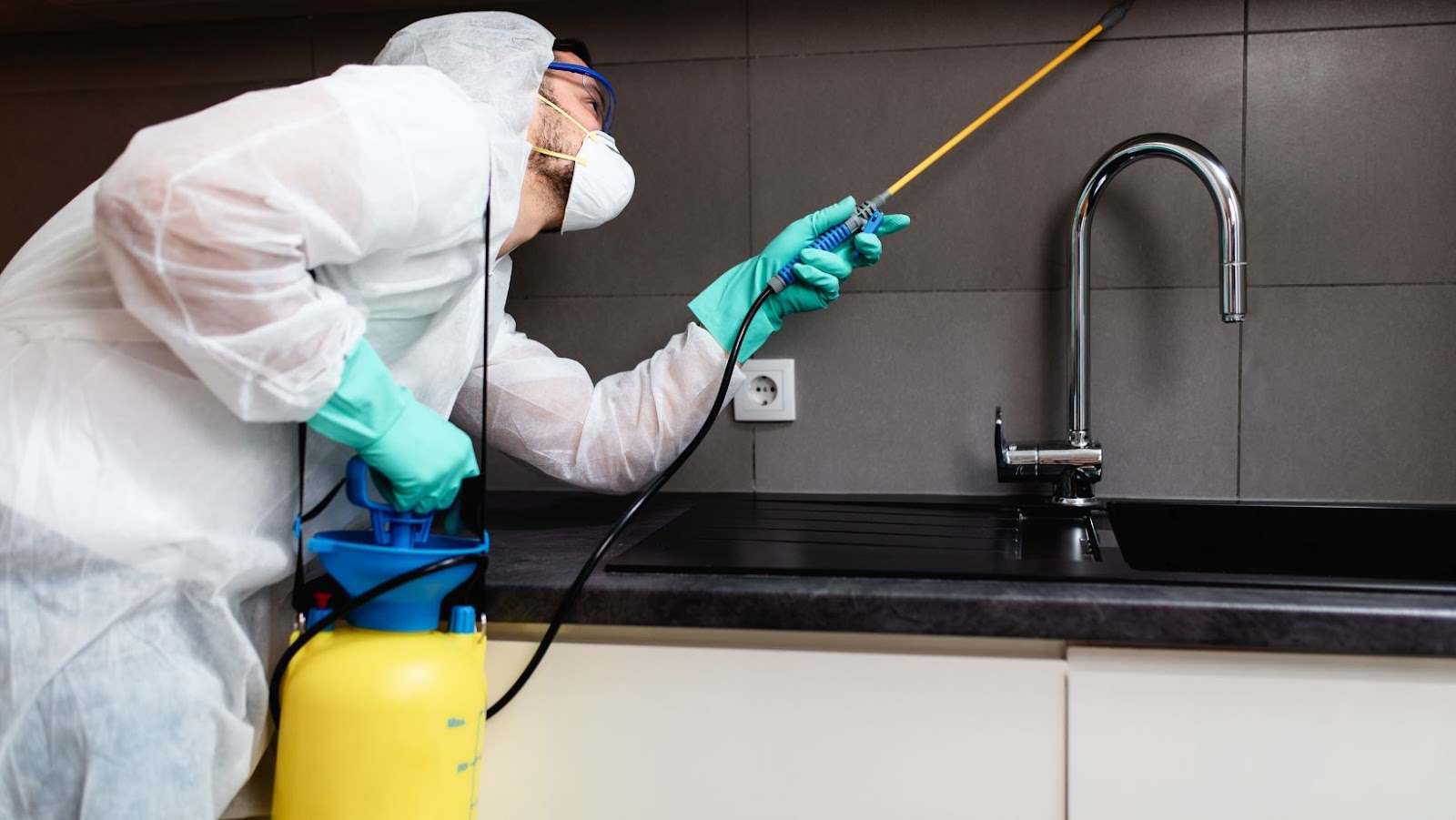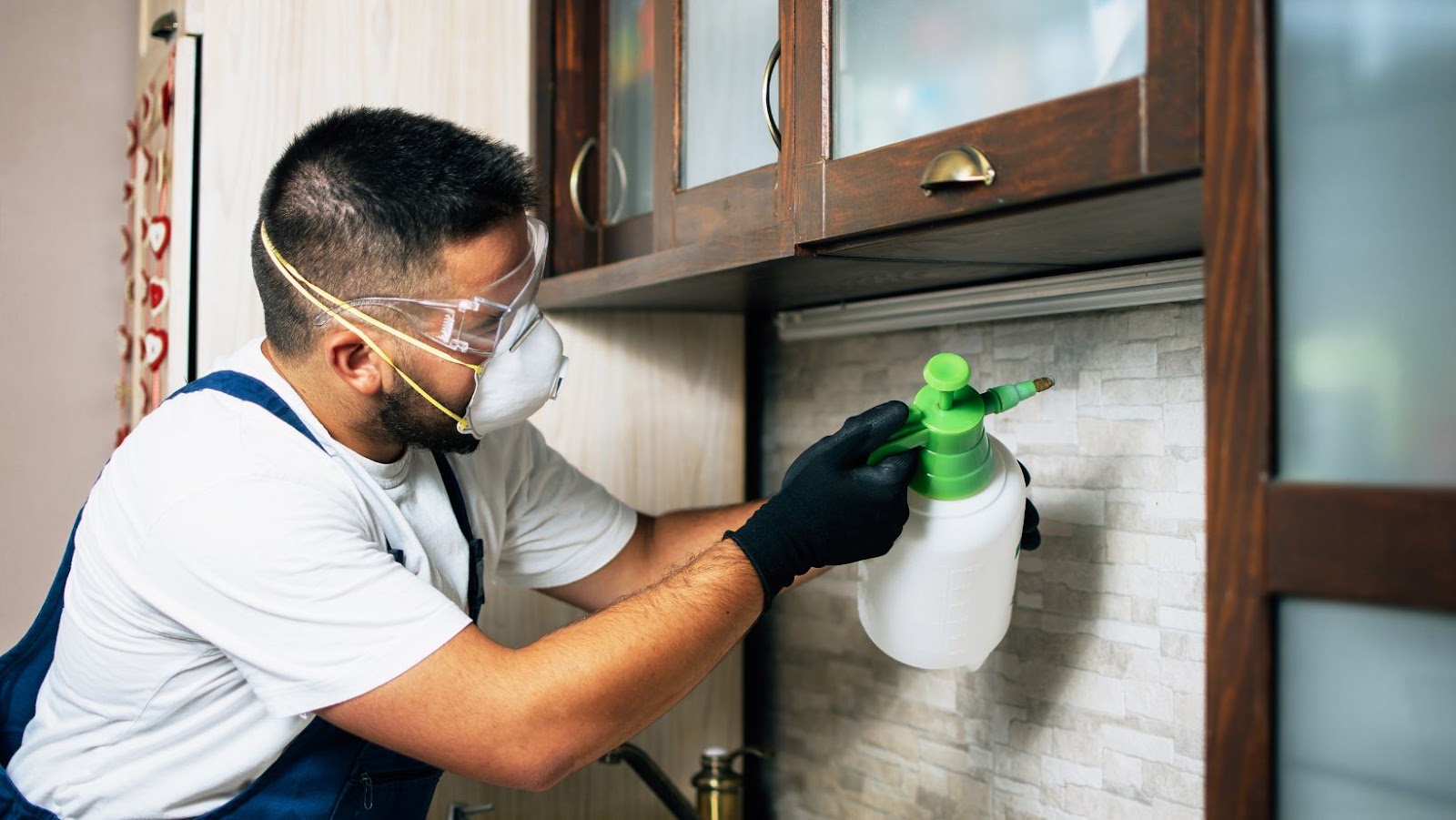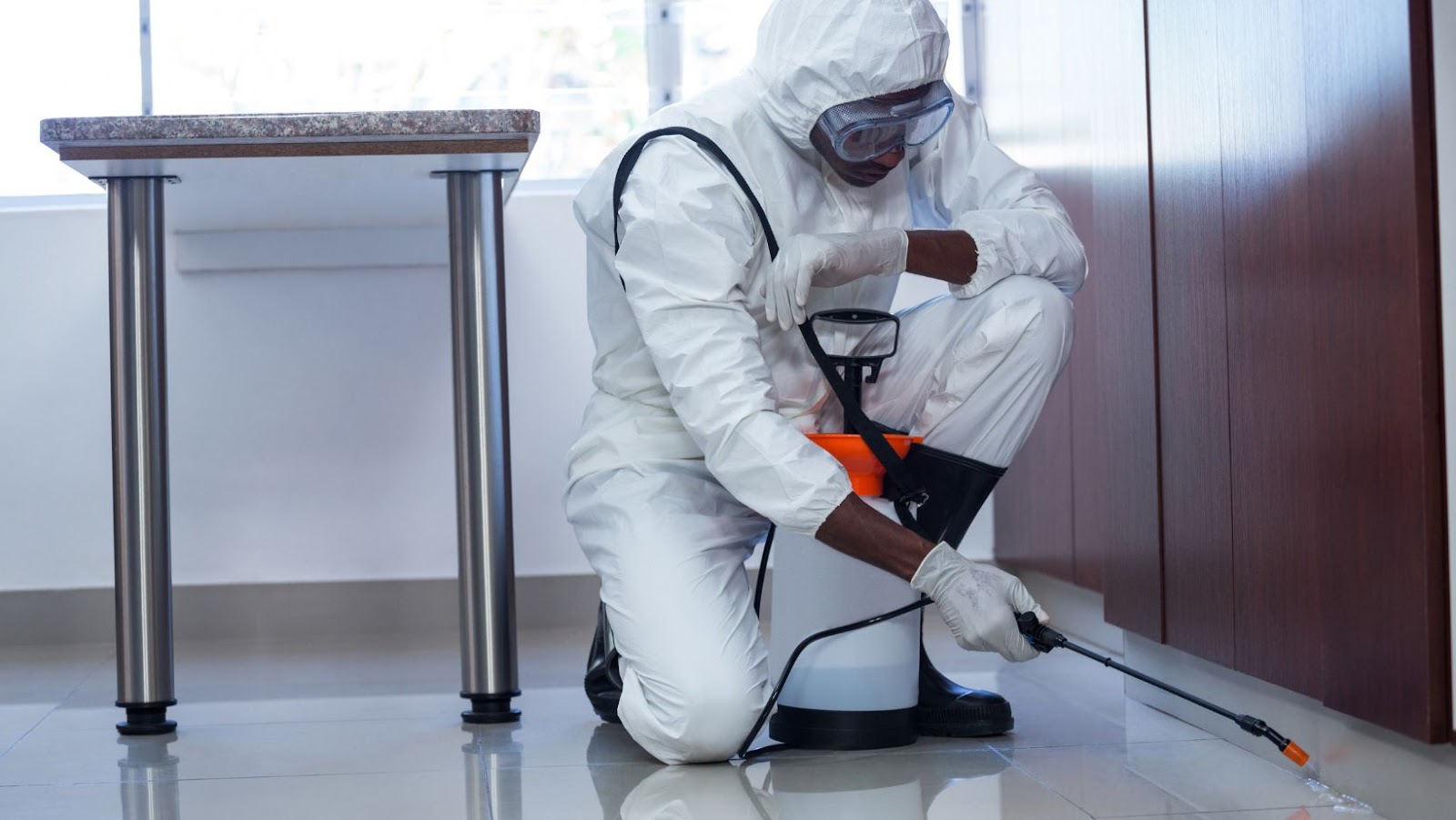Things You Need to Know About Restaurant Pest Control

Maintaining a healthy kitchen in food service establishments requires a tremendous amount of effort and systematic work, especially regarding food safety. Pest control is one of the best ways to keep your kitchen and business safe in order to achieve a pest-free business, as food contamination can ruin food, and expensive merchandise, discourage customers and worsen the reputation of the place.
When running a food business, you need to be extra vigilant with hygiene as this can directly impact the satisfaction of your customers as well as staff. Moreover, not following the safety and hygiene protocols can lead to the permanent loss of your business and penalties from food authorities.
Not to mention that a restaurant is a perfect place for pests to thrive since it has the right temperature conditions, humidity, food availability, and numerous nooks and crannies for shelter. If you want to keep your business running optimally, you can always get professional help. Let’s say your restaurant is located in the capital of the UK, you can avail of the expert services of pest control London.
Nevertheless, we will also share the best tips with you on restaurant pest control in this article. Keep reading to learn!
Cleanliness Is the Key
While it may seem quite obvious, many restaurants can easily overlook the significance of maintaining top-notch cleanliness. Unclean areas in your restaurant can give rise to pests in a breeze.

To avoid this problem, always keep the dining area clean and remove any food residues. Of course, it goes the same for your kitchen and cleaning stations. You must also keep the trash cans clean at all times by changing the liners. They must be properly closed, too, which you can ensure by using a tight-fitting lid.
Know Your Problem Areas
Pests can take shelter in any area of your restaurant. However, some pests may be drawn to spaces that best suit their living conditions. For instance, insects are usually attracted to lighting, and dumpsters are the ideal living spaces for rodents.
Food storage areas may attract cockroaches and ants. In addition, a variety of pests may thrive in drains and cleaning supply storage areas. That’s why you must keep these areas clean and keep monitoring them from time to time.
Follow Safety Regulations
Adhering to food hygiene and safety regulations will allow you to better keep the pests at bay. As these regulations have all the details for food service businesses, like how they can monitor activities, handle food preparation and storage, and train workers, you will not only keep your business compliant but also maintain a great reputation so more customers keep on visiting you.
By using efficient methods to handle and manage a range of pests, pest control Naples makes sure that inhabitants may enjoy a pest-free environment while fostering a cosy and healthy living area.
Determine the Damage
You won’t always be able to catch pests red-handed. That’s why you should carefully look out for signs of damage. For example, did you find any holes in the cardboard or walls? Did you notice signs of chewing or any droppings?
No matter what it is, you must immediately take action by calling a pest control specialist since they can easily target and remove them. If you keep waiting for them to show up regardless of all the signs, your business will be prone to a bigger loss.
Develop an Action Plan
Having an action plan or manual with you at all times will let your employees know the necessary steps to prevent additional damage to your business. In addition, you must jot down all the required equipment or substances to use in different conditions.
You can also have the contact number of a pest exterminator ready with you and make sure you share it with your employees too.
Final Thoughts
Remember that bacteria and pests can infiltrate even the cleanest kitchens. This happens when employees pay little attention to areas prone to contamination. Adopt simple cleaning rules to prevent pests from entering your restaurant, cafe, bar, dining room, or pastry shop, and make sure all members of your team are familiar with proper sanitation and hygiene procedures.

To wrap up, there are some simple ways to reduce the risk of pests entering kitchens and work areas:
- Never store food on the floor.
- Make sure all openings and cracks are sealed.
- Dispose of waste on a regular basis.
- Do not keep doors and windows open unnecessarily.
- Install insecticidal devices to catch flying insects and rodent control equipment.
- Hire a professional pest control company for regular monitoring of your facility.
If a pest problem requires an immediate solution, call in professionals to perform special treatments. Do not perform chemical treatments yourself, as you increase the risk of product and work area contamination and endanger your staff.


